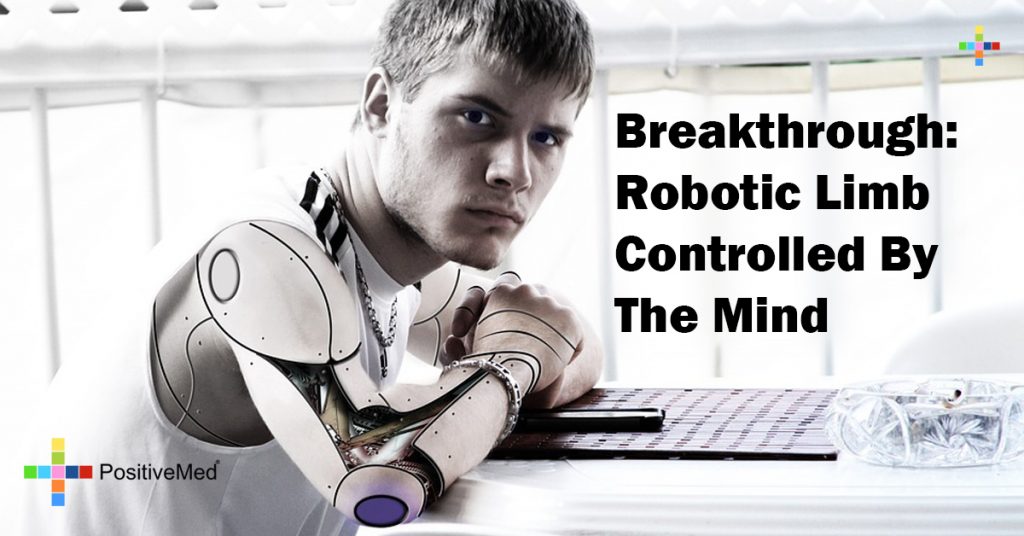
Doctors have made astounding progress in the fields of medicine and technology, which is great news for quadriplegics and amputees everywhere. A chip, installed in the brain or on nerve endings on amputated limbs, connects the brain to a robotic arm, which then follows the brain’s commands as if it were the person’s own arm. The robotic arm can move up, down, sideways, diagonally, grasp objects, and even have sensory input to detect soft and hard surfaces. This can help people to feed and dress themselves, perform simple tasks, and eventually, who knows? The Dept. of Defense is helping with this project, hoping it will make a difference to veterans who have lost limbs as a casualty of war. Studies and improvements continue to be done, the brain is so amazing, Dr. Ling, the head of this project, is hopeful for a wealth of uses for this technology.







